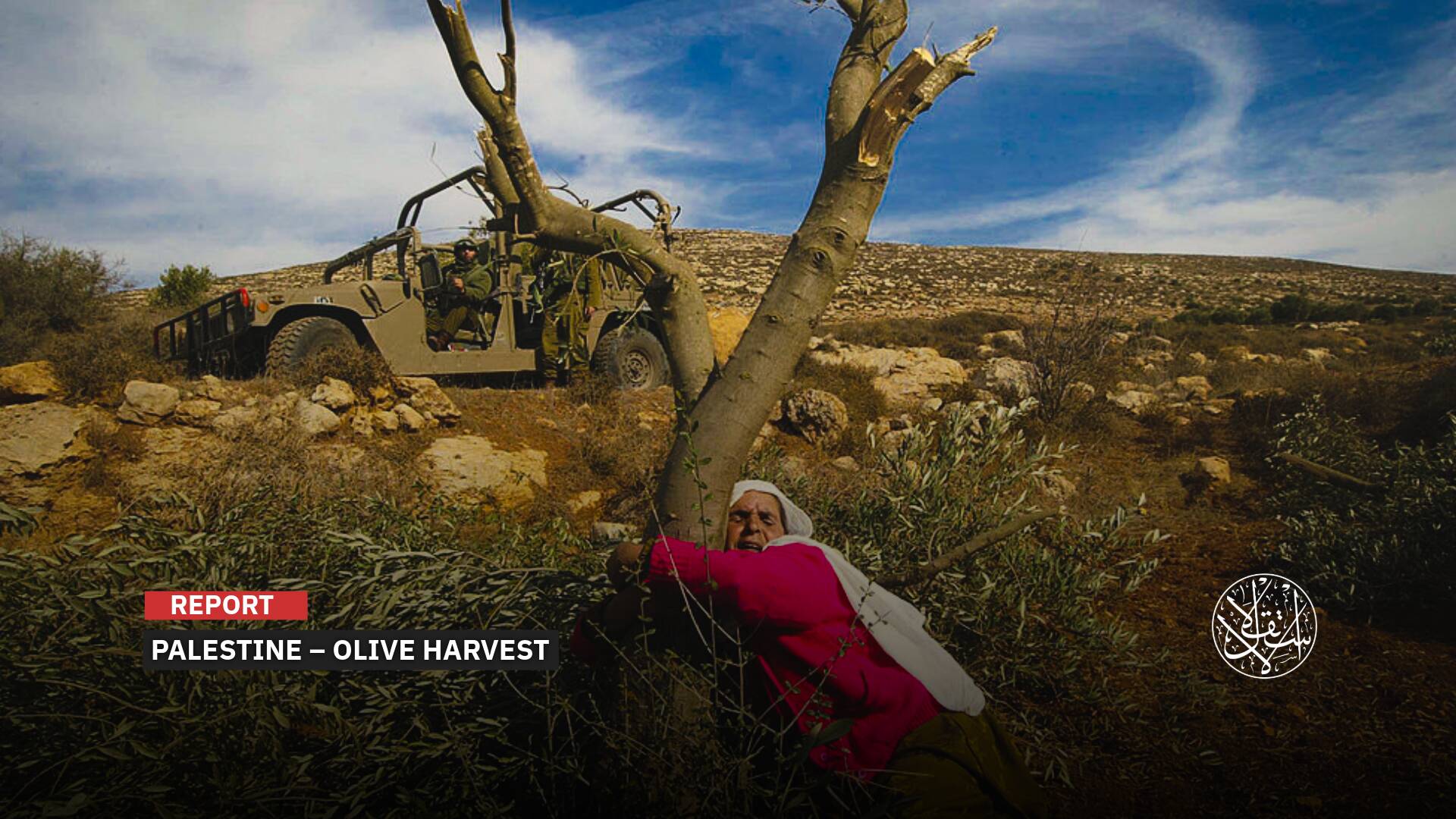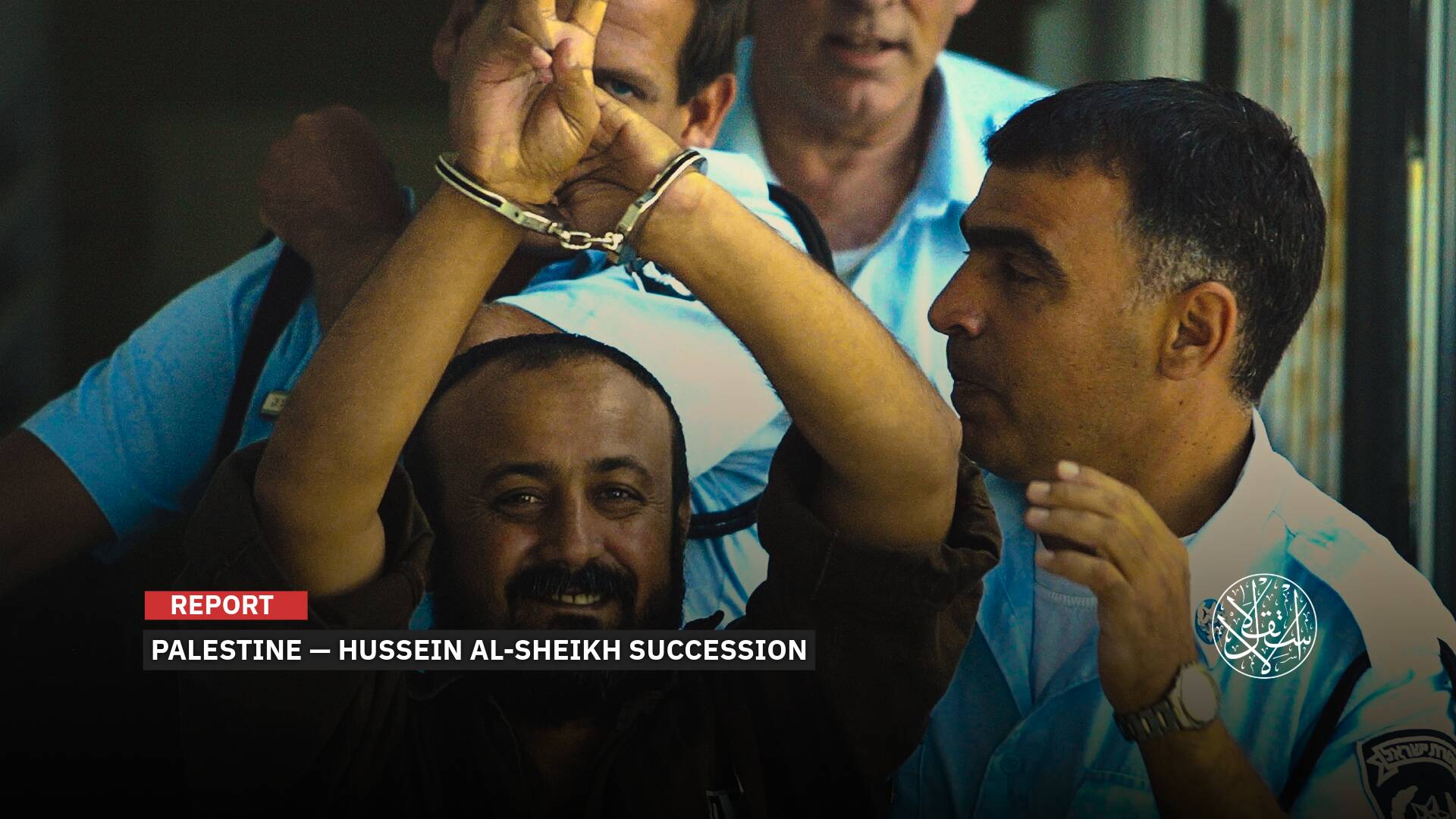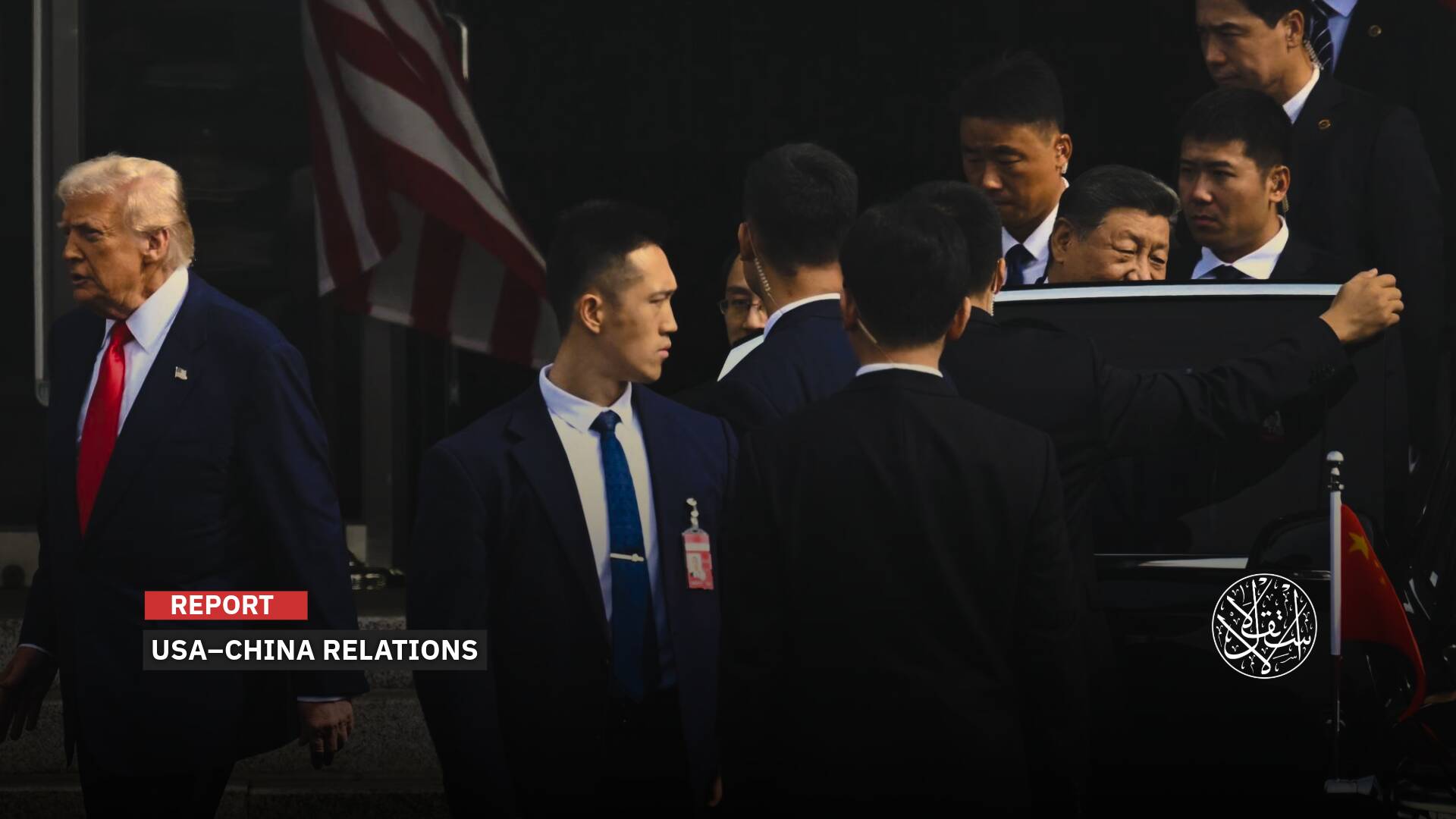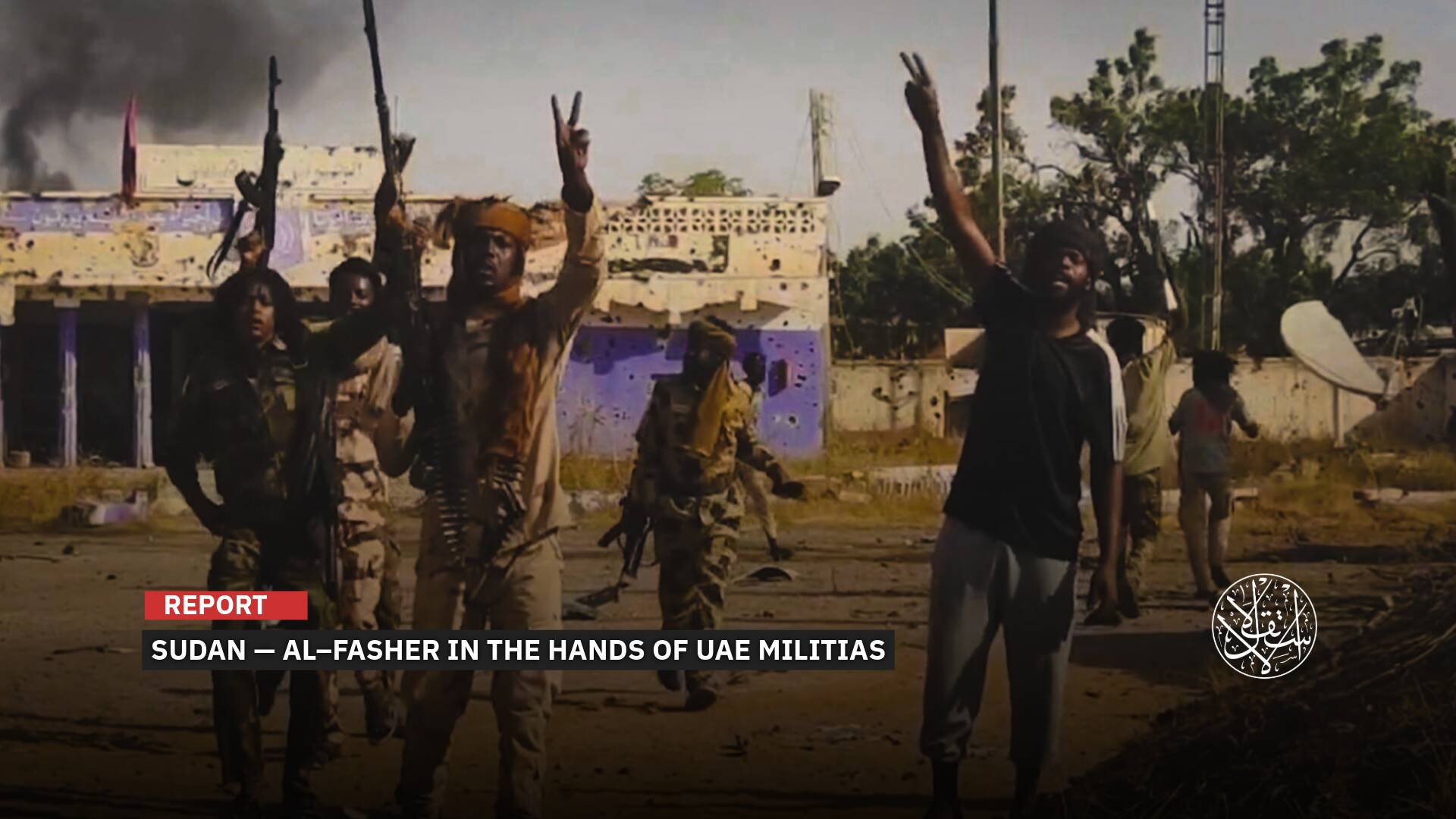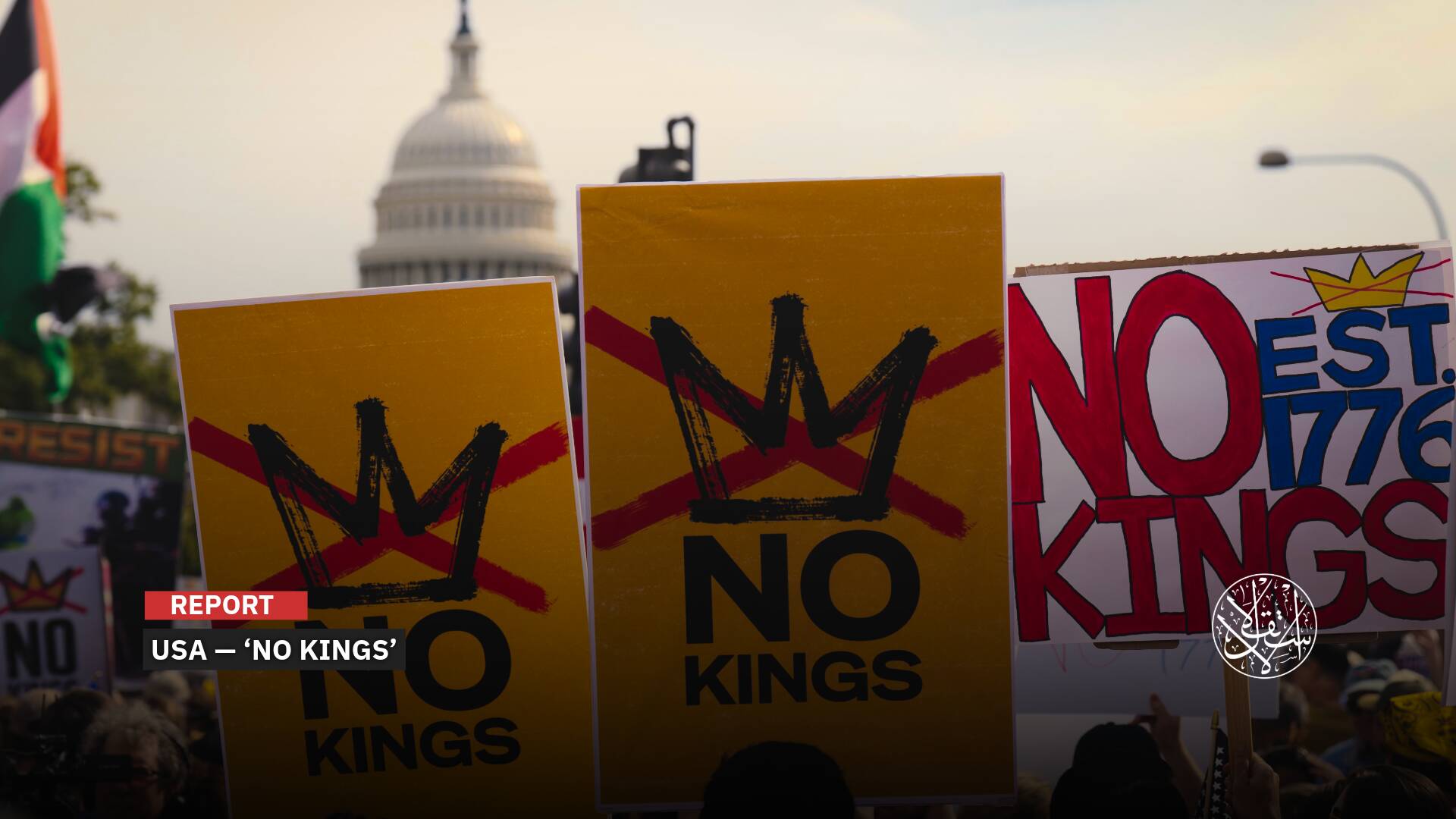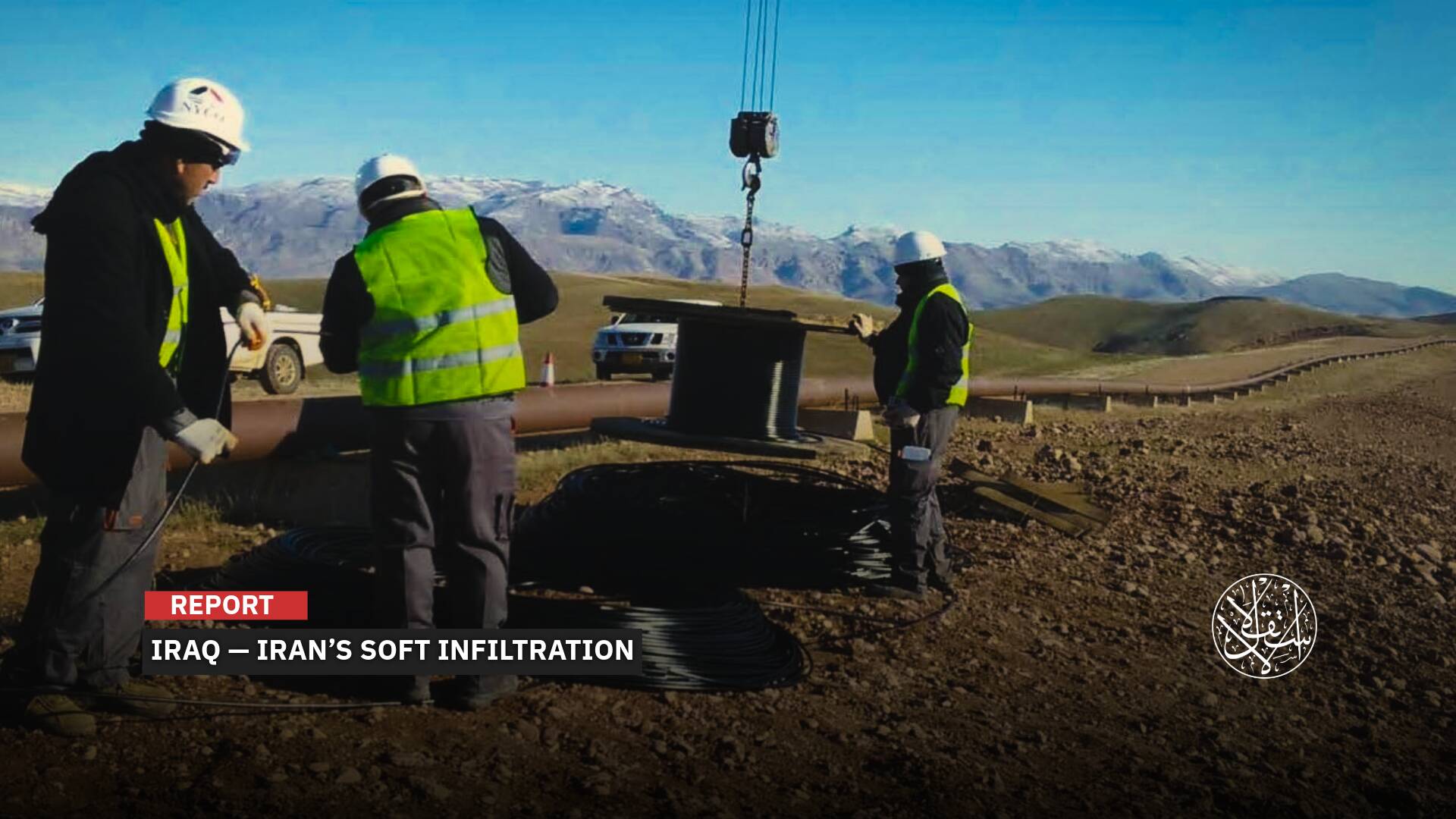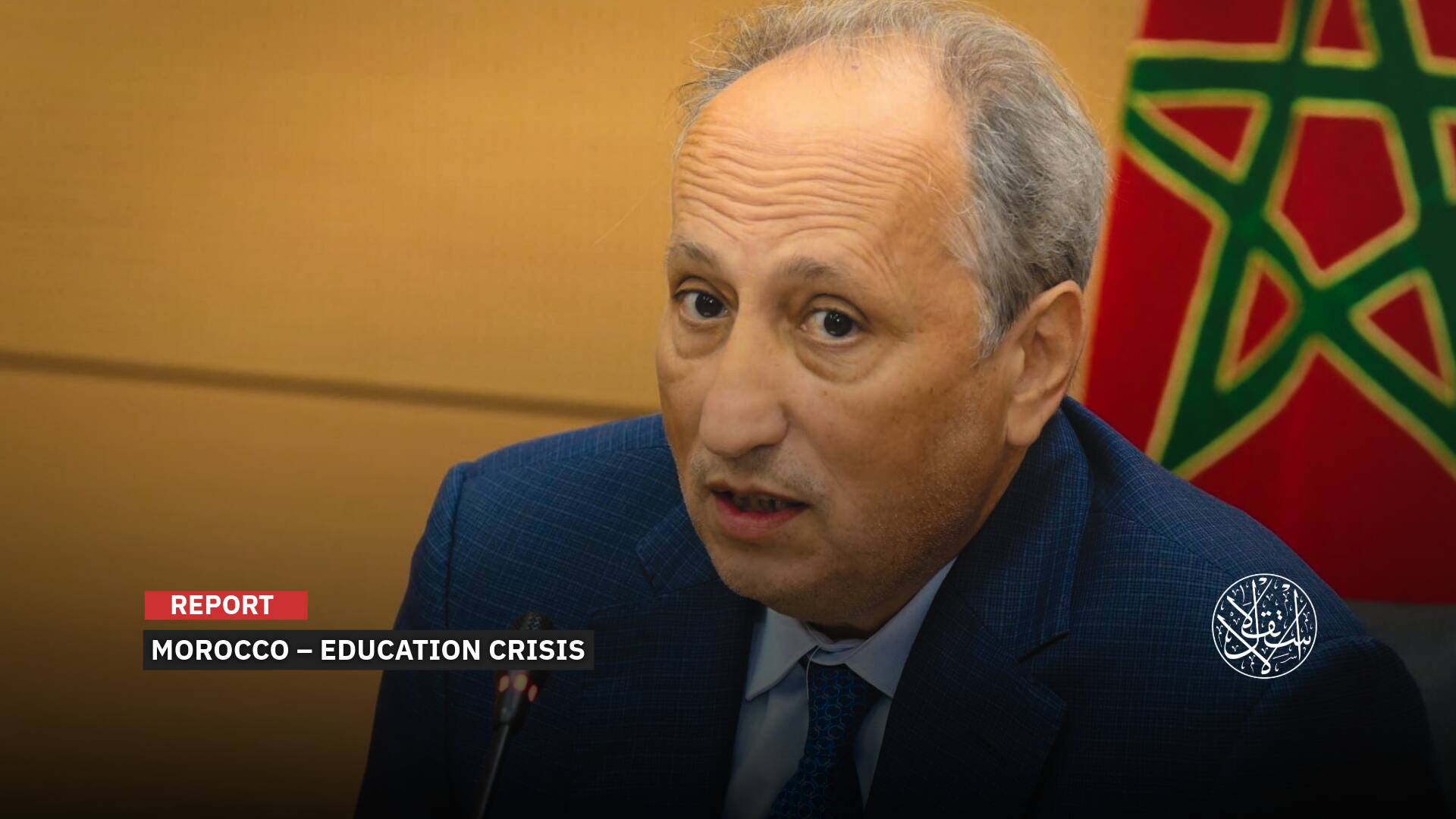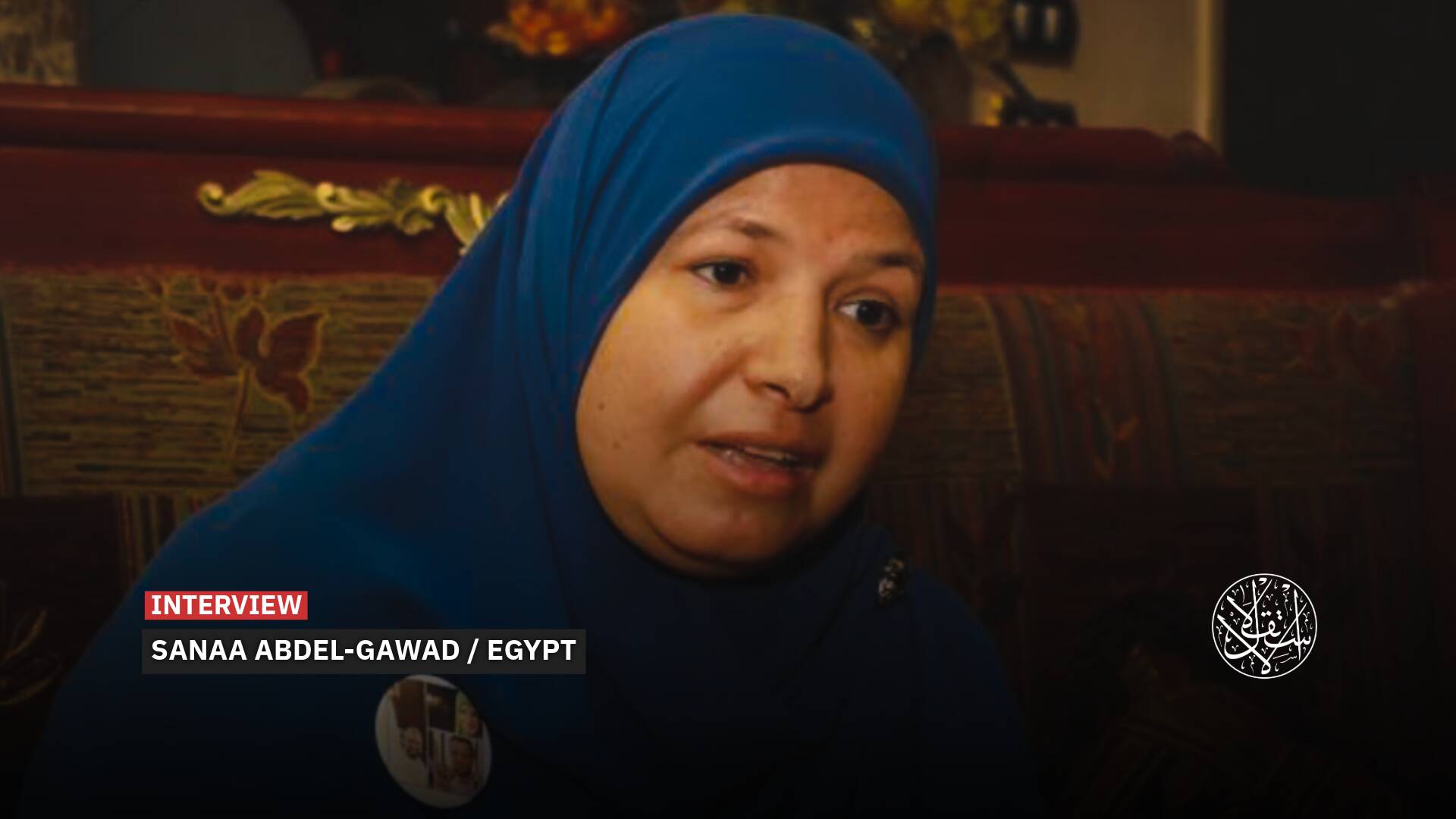Houthis Force Dozens of Yemeni Families to Flee al-Hudaydah: What's the Story?

This broader move coincides with the militia's efforts to expand the large-scale planting of landmines.
In an unprecedented campaign, Yemen’s Houthi group has been forcibly displacing residents from several villages and areas near the Red Sea coastline in al-Hudaydah, western Yemen. These actions coincide with the establishment of military positions, the digging of trenches, and the planting of landmines within the city itself.
The security measures and forced displacements, initiated by the Iran-backed Houthis on November 10, 2024, have raised questions about their motives. Is this a prelude to a looming military operation aimed at wresting control of the city from the militia's grip?

Ongoing Displacement
On November 13, local authorities in al-Hudaydah condemned the forced displacement campaigns carried out by Houthi militias in several coastal villages across the southern and northern parts of the governorate. These actions, ongoing since late October, were denounced as part of the Houthis' continuous violations of human rights.
In a statement reported by the official Saba News Agency, local authorities revealed that “Houthi militias forced residents of five villages south of al-Garrahi district—including 350 families, or approximately 1,750 individuals—to vacate their homes under threat of violence.” The displaced residents were driven out to enable the digging of tunnels and construction of military fortifications in these residential areas.
These families are now left exposed, living in open areas after being forcibly removed from their homes, farms, and livelihoods. Meanwhile, both local and international human rights organizations remain silent, the statement alleged.
The authorities also highlighted similar displacements in recent weeks, noting that hundreds of residents of al-Manzar, a coastal town on al-Hudaydah’s outskirts, were forced to flee. The Houthis reportedly built a wall around the town, which houses nearly 4,500 residents, closed all entry and exit points, and compelled inhabitants to abandon their homes.
Local authorities appealed to “regional and international organizations, including the United Nations, to address these blatant human rights violations perpetrated by the Houthis against al-Hudaydah’s residents.” The statement further asserted that these actions, including the targeting of civilians, amount to war crimes. It urged the UN, the Security Council, and the Human Rights Council to condemn these crimes.
In May 2024, Houthi forces displaced residents of al-Daqawneh, a village in al-Hudaydah with a population of 350 across 70 families. The Houthis also turned al-Khuba fishing port into a closed military zone, barring fishermen from docking their boats and conducting their trade.
At the time, activists shared videos on social media showing Houthi militia forces raiding al-Daqawneh, abducting young men, and assaulting women and children. The violence reportedly followed villagers’ refusal to vacate their homes and farmland, which were earmarked for influential figures aligned with the Iran-backed group.
Preparing to Flee
Local Yemeni media have interpreted the recent actions of Houthi militias as preparations to flee al-Hudaydah. According to Yemen’s al-Jumhurya channel on November 13, 2024, the Houthis are reportedly liquidating looted assets and relocating their families outside the governorate.
In recent days, the Houthis transferred customs data, documents, and archives out of al-Hudaydah, unnamed sources told the channel. Similar measures were reportedly taken with records from the “Cleanliness and Immunization Fund” (cleaning hod), which were moved to external storage units.
The channel also highlighted a surge in activity among Houthi leaders, who have been selling off properties and lands seized from endowments and private citizens over the years. Most Houthi leaders have liquidated their holdings, while others have registered stolen real estate under the names of al-Hudaydah locals.
The Houthi militia is negotiating with traders and individuals whose homes and lands were previously looted, offering to return the properties in exchange for financial payment.

Al-Jumhurya reported that the Houthi militias are not only expanding their land mining operations in the southern rural district of ad-Durayhimi but also forcing citizens into sectarian indoctrination courses, forcibly mobilizing youth, and abducting anyone who resists their ideology.
These actions suggest that the Houthis do not feel secure in al-Hudaydah should any fighting erupt there, and they are moving quickly to protect the wealth they have accumulated from looting state and civilian assets in the governorate.
Meanwhile, on November 19, 2024, al-Mashhad al-Yemeni reported a mass exodus of Houthi leaders from al-Hudaydah, as they liquidate looted properties and convert them into foreign currency, which is then being moved to provinces such as Sana’a, Sa’dah, and Hajjah.
This mass retreat follows mounting fears of a potential international and local military intervention aimed at ending their control over al-Hudaydah and driving them out of the Red Sea coast, as per the website.
The Houthis have also begun trading properties in al-Hudaydah with business leaders and traders, swapping them for land in Sana'a, even if the value of the new properties is lower.
There is growing concern among Houthi leadership and their followers about the possibility of an international military action, particularly led by the United States, to liberate the city.

Spreading Fear
Media spokesperson for the Giants Brigades Asel al-Saqladi condemned the Houthi militia's violations against citizens, including forcibly displacing them from their homes and turning those homes into military outposts, tunnels, trenches, and minefields.
He said this is not preparation for battle, as the Houthis claim; this is a Houthi tactic to instill fear in the hearts of the local population, an attempt to avoid facing the growing public demands for justice after a decade of rights violations.
Al-Saqladi pointed out that in battle, Houthi leaders and supervisors are always the first to flee, no matter how many residents they displace or how many trenches they dig.
He said these actions are a response to the increasing public calls to end the Houthi coup and restore the rights that have been taken. The militia is resorting to these desperate measures to avoid confronting the people's demands.
Al-Hodaydah is one of Yemen's most strategically significant cities, home to three key ports: the commercial Hudaydah Port, the second-largest in the country after Aden; the Salif Port, which specializes in salt production and export; and the Ras Isa oil terminal.
The city is crucial for the Houthis, serving as their only maritime outlet for smuggling weapons and as a launch point for missiles and drones targeting ships passing through international waters.
An investigative report revealed that the Houthi militia has been using al-Hudaydah International Airport for military purposes, conducting training exercises and maneuvers within the civilian airport and the nearby Hudaydah Airbase, one of the country's key military airfields.
The report, published by the Yemeni platform Defense Liney on November 16, 2024, stated that the Houthis have fortified and constructed tunnels and shelters within both the civilian airport and the military base, as well as in nearby residential and educational areas. The militia also began refurbishing the airport runway during the ceasefire period in an effort to resume both civilian and military flights.
The intensity of fighting in Yemen decreased significantly after a ceasefire agreement brokered by the United Nations, which took effect in April 2022 and has largely held, even after its official expiration in October 2022.
In April 2023, Saudi Ambassador to Yemen, Mohammed al-Jaber, visited Sana'a to meet with Houthi officials, marking an attempt to solidify the ceasefire. This was followed by a visit from a Houthi delegation to Riyadh in September 2023, where they held five days of talks with Saudi officials under Omani mediation.
The Houthi delegation described the discussions as “serious and positive,” though no breakthroughs were achieved, and the talks stalled shortly after. The situation further escalated in October 2024 when the Houthis declared their involvement in the Gaza war and targeted Israeli vessels in the Red Sea.
Sources
- Local authority in Hodeidah: Houthi militia displaced more than 6,000 citizens in the past days
- Mass escape of Houthi militia leaders from Hodeidah, sale of real estate and liquidation of properties ahead of expected military operation [Arabic]
- Al-Hudaydah: Southern Giants Hint at Great Battle Approaching [Arabic]
- Al-Hudaydah local authority condemns forced displacement of residents of a number of villages in coastal districts [Arabic]
- A New Approach: Is Trump Paving the Way for a Deal with the Houthis to End Yemen's Crisis?


